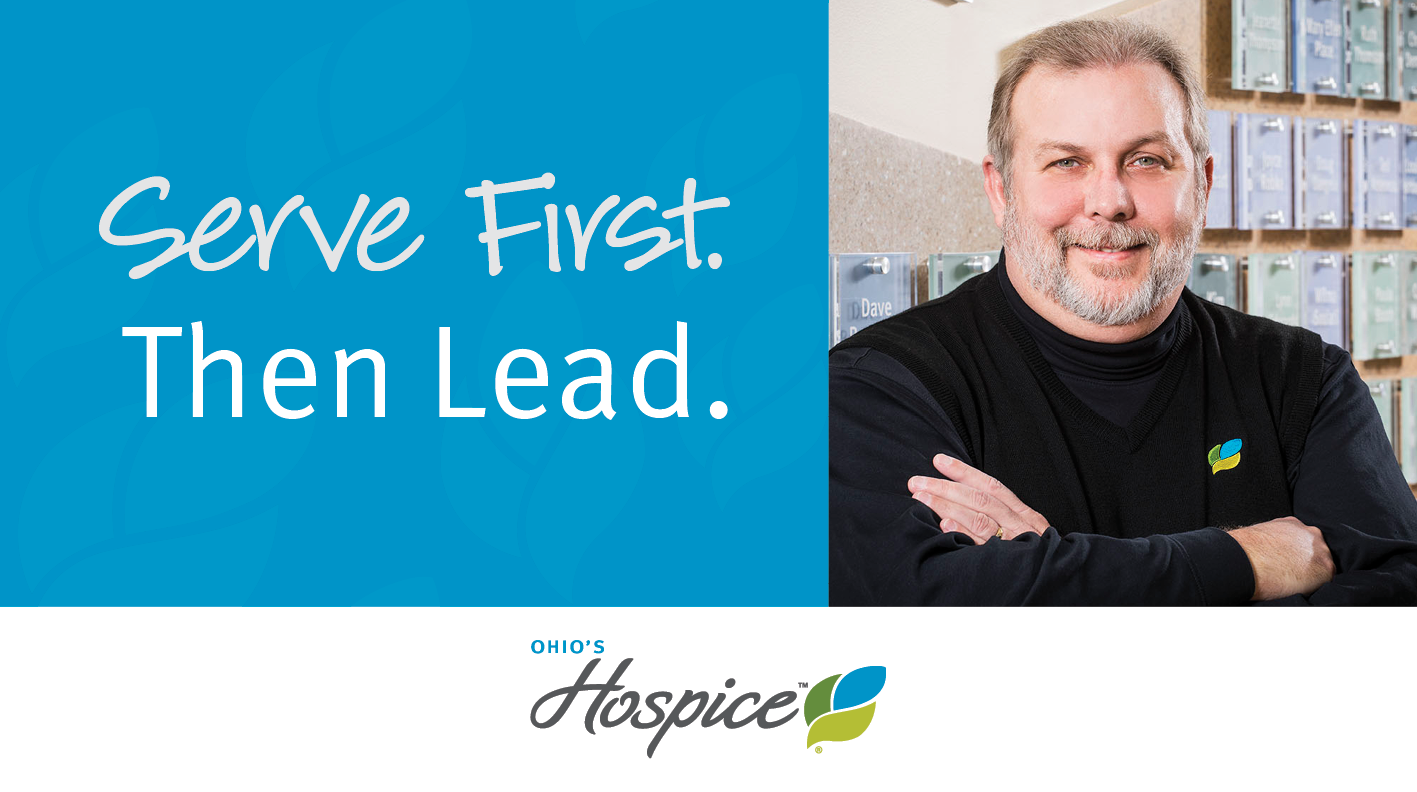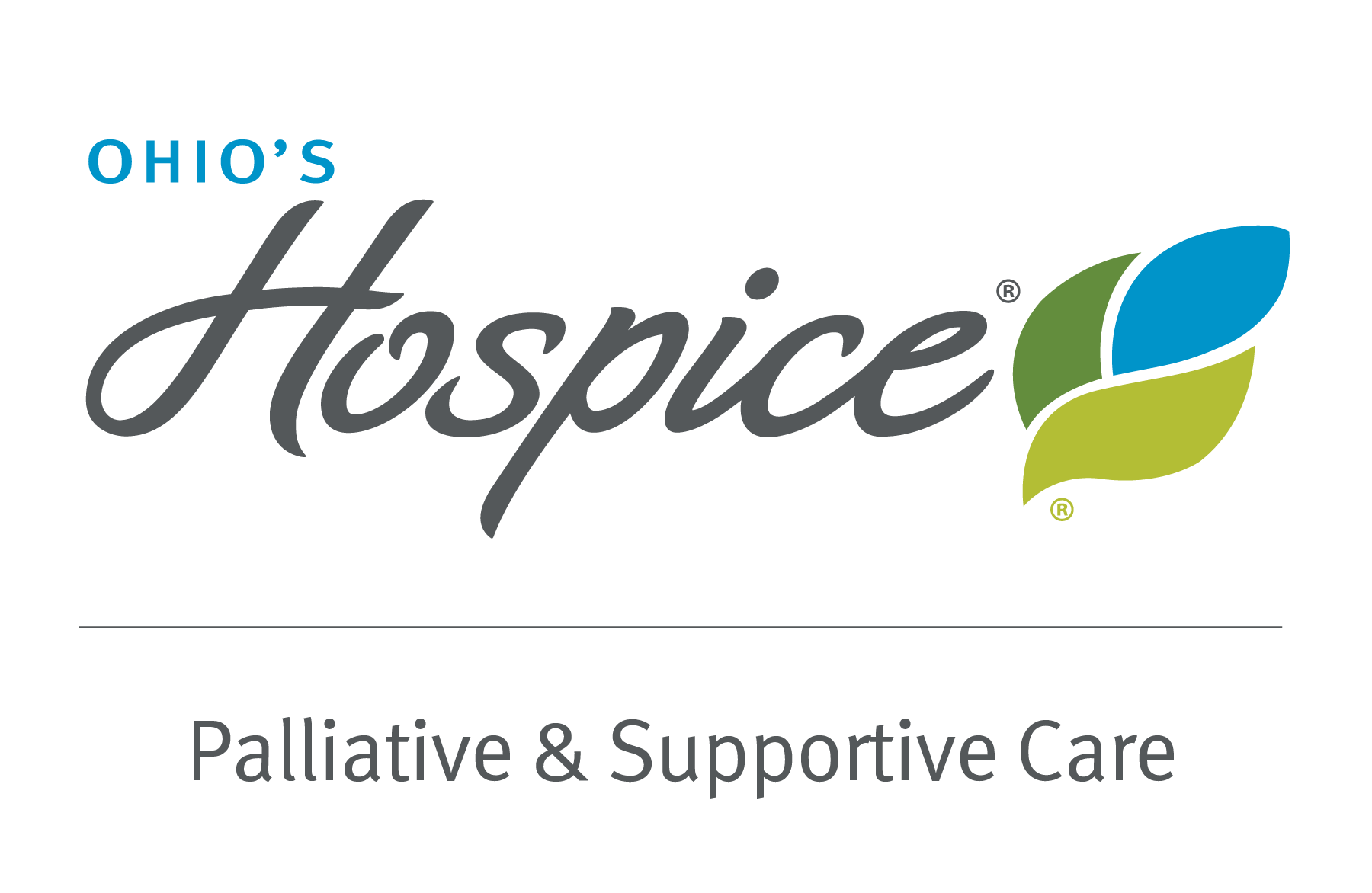
Serve First. Then Lead.
I’ve always believed that truly great healthcare organizations are led by those who understand the value of humble over hierarchical, of listening over lecturing.
That’s why, when we decided to form an alliance of not-for-profit hospices across Ohio, we put servant leadership on the top of our list of expectations. As CEO of Ohio’s Hospice of Dayton, I was searching for partners focused not on seeking the spotlight for themselves, but on helping their teams provide amazing patient care.
Today, we are Ohio’s Hospice—a team of six not-for-profit hospices from across the state Ohio—who came together through a commitment to “Serve first. Then lead.”
The notion of servant leadership seems simple enough. After all, everyone wants to be the kind of leader who is honest, kind and compassionate, who never holds a grudge, or lashes out in anger. But while the concept may be simple, it’s certainly not always easy.
As Jim Hunter, author of The Servant: A Simple Story About the True Essence of Leadership, says, servant leadership is not an intellectual exercise. It’s an emotional one. To truly learn to embrace servant leadership takes time and training—especially in hospice environments, where patients and their families are experiencing extreme stress.
At Ohio’s Hospice, I made it a priority for all our leaders to go through formal servant leadership training. And I’ve seen it pay off in big and small ways, including:
- an emphasis on appreciation and respect for the work caretakers do, which results in mutual respect between leadership and staff
- a commitment to always putting the community we serve before profits
- the development of a positive work culture that translates into great care for patients
Perhaps nowhere is a servant leadership philosophy more important than at the patient bedside. At Ohio’s Hospice, we always ask our patients for permission to serve, working with each other to determine needs and how to address them.
It is only together that we can deliver the best care and develop a relationship with the patient, ensuring proper attention and respect, instead of reducing the individual to being seen as just a number. We also focus on hospitality. Not only do we have to deliver really great care, we want the people we serve to feel good about receiving that care. That means being the best possible stewards and upholding our mission: take care of the patient’s needs in the very best way for them as well as being good stewards to honor the community supporting us.
In servant leadership, there is a critical commitment to prioritize care instead of cost. Our approach at Ohio’s Hospice is different because we can always ask what more we can do without focusing on cost metrics alone. Our success is measured in quality of care. For example, if a staff member approached me and said, “I gave this patient care not covered by Medicare because it improved their quality of life,” I wouldn’t be asking how much that cost us. Instead, I’d say, “Good job.” We’re not being frivolous: at the core of servant leadership is a dedication to patient care, which our staff exemplifies.
And they recognize that everyone across an organization—patient care assistants, physicians, aides, nurses—are leaders. Everyone has critical knowledge and must be respected.
Author Profile
Latest entries
 ExpertiseFebruary 20, 2018The Three Words That Will Change Your Life
ExpertiseFebruary 20, 2018The Three Words That Will Change Your Life Thought LeadershipJanuary 17, 2018Writing A New Chapter for End-of-Life Care
Thought LeadershipJanuary 17, 2018Writing A New Chapter for End-of-Life Care News and UpdatesDecember 8, 2017To Lead is to Serve
News and UpdatesDecember 8, 2017To Lead is to Serve ExpertiseNovember 28, 2017Why Choosing a Not-for-Profit Hospice Makes a Difference in Patient Care
ExpertiseNovember 28, 2017Why Choosing a Not-for-Profit Hospice Makes a Difference in Patient Care

